
Health Ranger lab analysis exposes 700+ chemicals in Tide laundry pods… many are extremely TOXIC to human health and aquatic life
Mike Adams
Over the last few months, I’ve promised that we would be testing off-the-shelf products in our lab, revealing their chemical constituents to the public. Today, in conjunction with the non-profit Consumer Wellness Center (which conducted the research) and Science.news (which exclusively published the first findings), we are releasing these scientific results to the public.
“Tide laundry pods are being eaten by ignorant youth as part of the so-called ‘Tide pod challenge’ that has gone viral across social media,” explains the Consumer Wellness Center. “This phenomenon is an extension of the ‘fake food’ programming of children who have been taught to believe that food consists of brightly-colored chemical ingredients delivered in plastic containers.”
Full details of the analysis are published at Science.news: EXCLUSIVE: Tide laundry pods found to contain over 700 chemicals; independent lab test results released to the public.
It’s time the public learned the truth about the chemical cocktail in Tide laundry pods
The maker of Tide, Proctor & Gamble, lists just 14 ingredients on its Tide ingredients page. These ingredients are made “friendly sounding” with verbiage such as, “Found in lemons and citrus fruits, it’s mild and helps to remove bad smells from clothes. Known as a chelating agent, which is used to soften water.” In reality, many of the chemical names found in Tide products are far more “scary” sounding, such as 1-hexadecylazepan-2-one (C22 H43 N O).
The Consumer Wellness Center is now releasing the complete list of 700+ chemical formulas found in Tide laundry pods. Download that document (PDF) at this link:
http://www.consumerwellness.org/PDF/Tide-Laundry-Pods-Chemical-Formulas.pdf
Watch the full video here, which explains how Tide was tested and what results were found (article continues below):
Some of the chemicals found in Tide laundry pods include:
1-hexadecylazepan-2-one (C22 H43 N O)
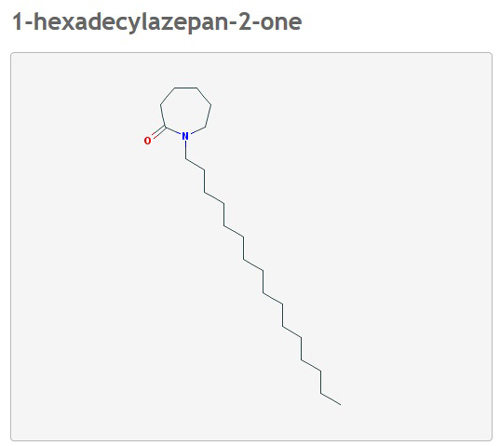
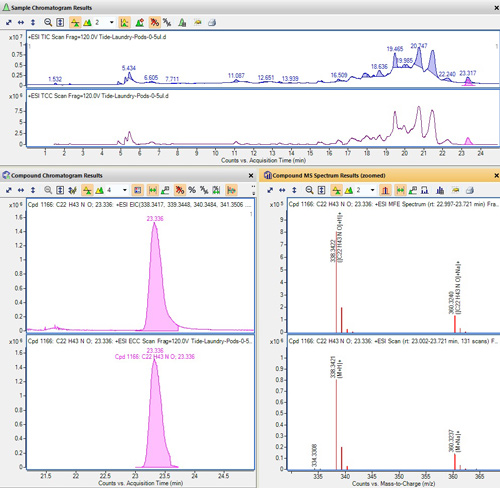
Trimethyl orthopropionate (C6 H14 O3)
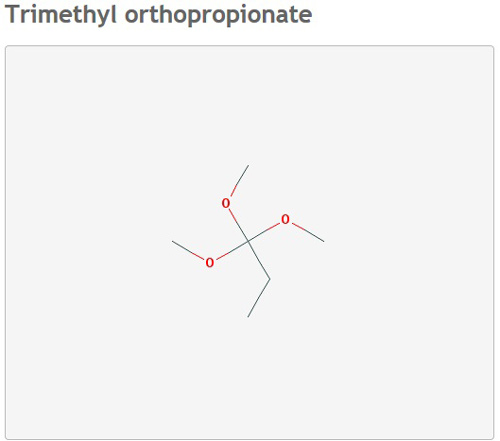
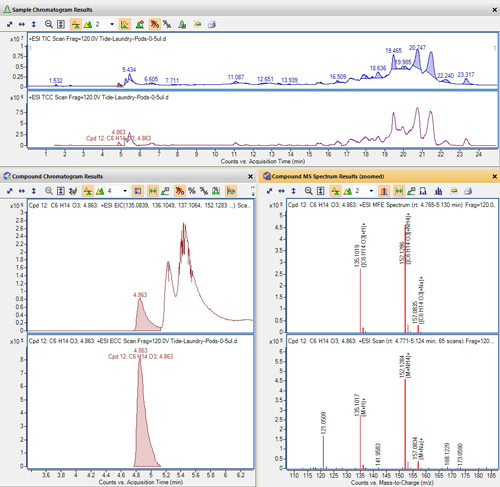
Chimyl alcohol (C19 H40 O3)
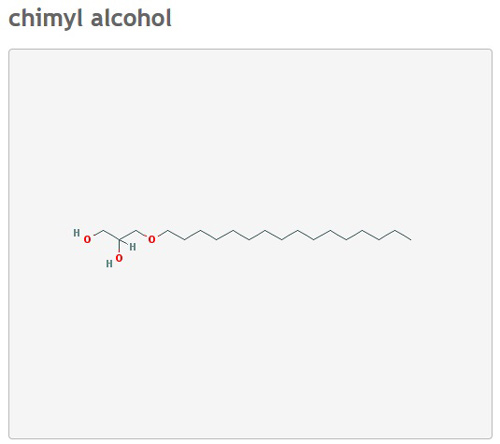
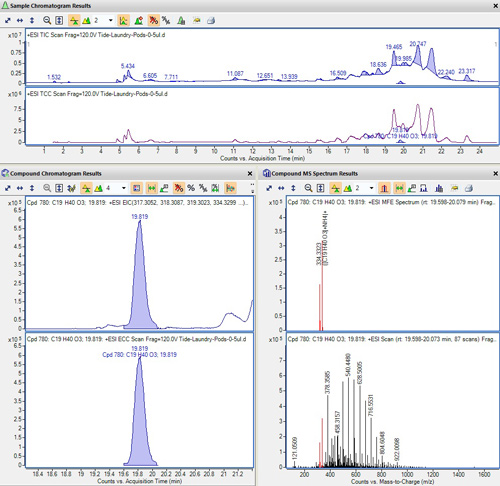
Read more at Science.news or the Consumer Wellness Center.
SEE VIDEO
